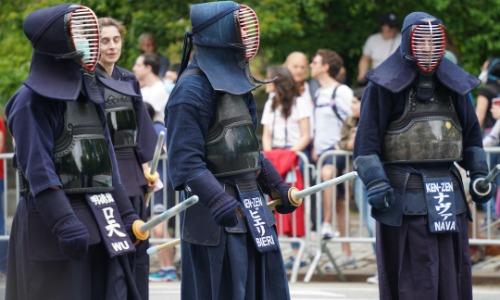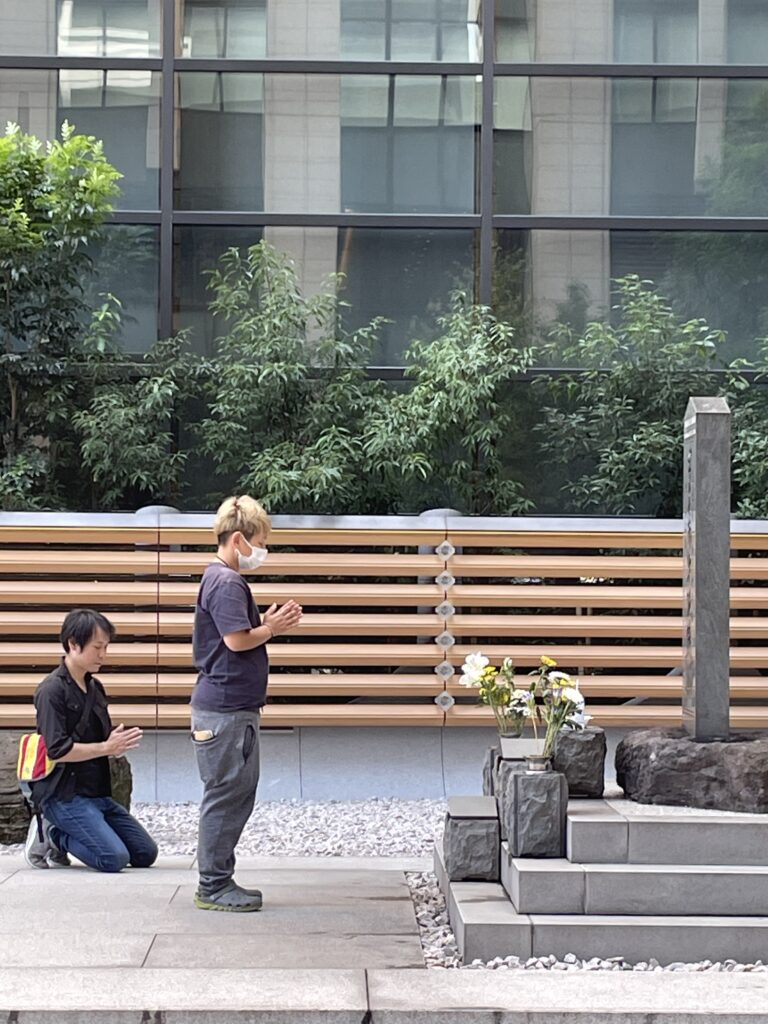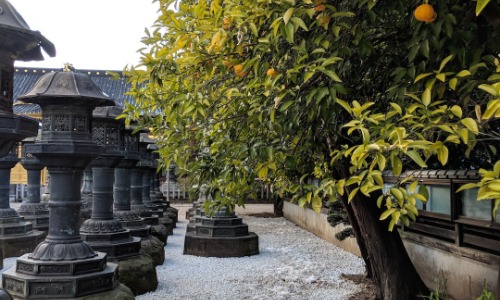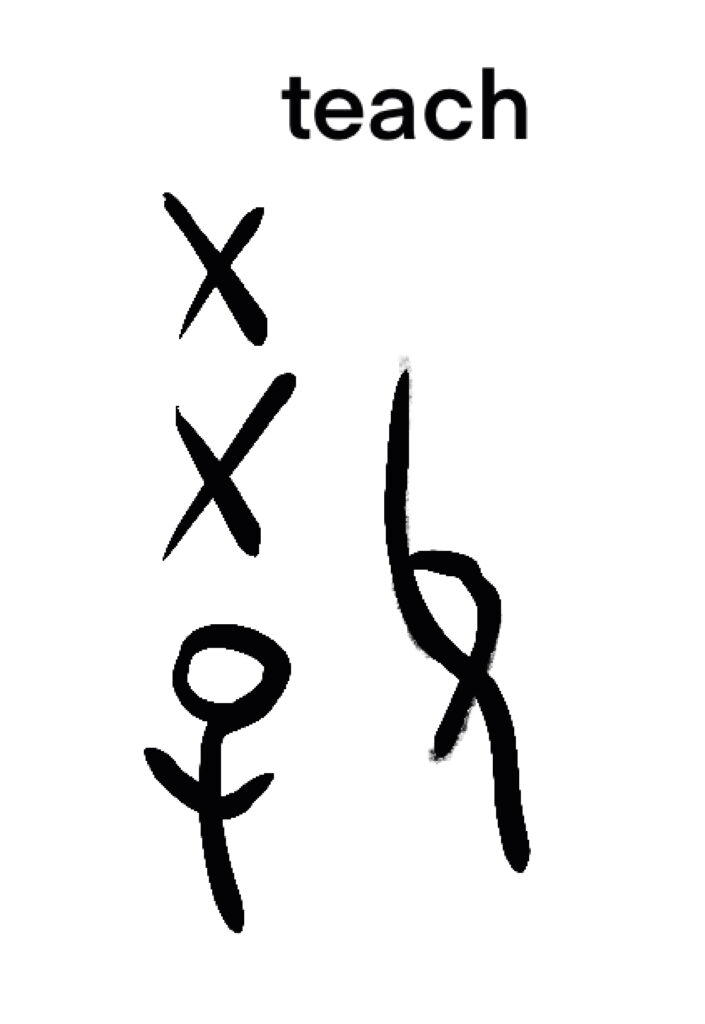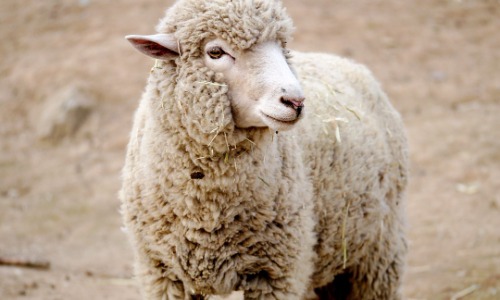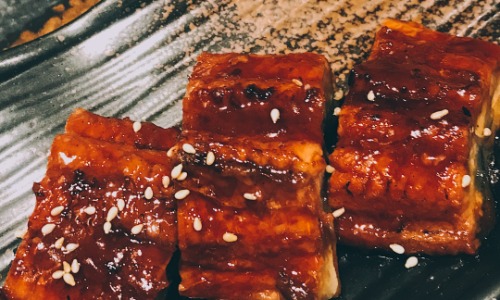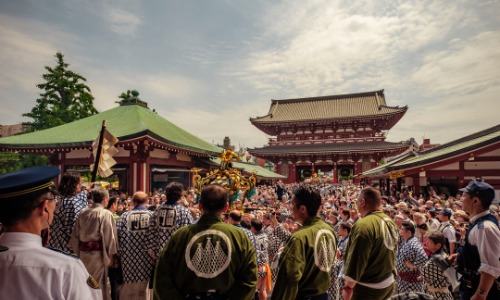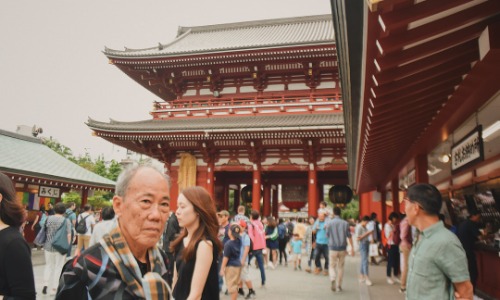-

Masakado Rebellion: The Fight for Independence in Medieval Japan’s Kanto Region
Japanese history includes the conquests by the Yamato Imperial Court, which held influence over the Kinki region. However, history is written by the victorious, and future generations can only read what is recorded. In the 9th century, Japan was divided into three regions: western Japan (Kyushu), which was under the control of the Yamato Imperial Court (Kyoto and Nara); the Kanto region (around Tokyo), which followed the court reluctantly; and the Tohoku region, which did not follow the court at…
-

The Nippon Budokan: A Sacred Venue for Japanese Martial Arts and Music, Home of the Deity Taira no Masakado
The Budokan is a training hall and stadium for Japanese martial arts, originally built as the venue for Judo competitions during the 1964 Tokyo Olympics. It is considered a sacred place for Japanese martial arts. Since the Beatles’ concert in 1966, it has also become a sacred place for music and a coveted stage for many musicians. However, as it was not originally designed as a concert hall, the sound quality is not ideal, but it is believed that musicians…
-

The Terrifying Legend of Taira no Masakado’s Head Mound that Still Haunts Tokyo’s Otemachi District
One of the most feared places in Tokyo is the head mound of Taira no Masakado, located in Otemachi, Chiyoda-ku. Masakado was originally from the nearby Tokyo area and rebelled against the Imperial Court in the Heian period (794-1185), attempting to establish an independent state in the area. He was defeated and executed in Kyoto, but legend has it that his head flew back to this location. To show respect and avoid offending Masakado’s spirit, people who work in nearby…
-

Shogitai: History, Defeat in Ueno War, and Memorial Service for Descendants
The Shogitai was a unit intended to protect Shogun Yoshinobu Tokugawa but was defeated in the Ueno War of 1868. The Meiji government was extremely harsh on the Shogitai, and those who survived were imprisoned, with their remains not being allowed to be taken back by their families. A merchant named Mikawaya negotiated with the Meiji government and was finally able to cremate the bodies and bury them at Entsuji Temple. However, no public memorial service could be held at…
-

Exploring the Etymology of the Japanese Word for ‘Teach’ and its Historical Roots in the Kouki Script
The Japanese word for “teach” is written using the Kanji character for “teach,” which is an ideogram. In the Kouki script, which was used in ancient China from the 14th century B.C. to the 3rd century B.C., the Chinese character for “teach” was represented by a picture of a teacher beating a child at school.above picture While corporal punishment is no longer acceptable in modern education, the historical use of this character may contribute to the cultural perception of teaching…
-

Why is July the month of the sheep?
During the yin dynasty of ancient China (17th century B.C. to 1046 B.C.), the year was divided into 12 parts to facilitate proper agricultural practices. Since writing was not yet common and most people could not read, it was decided to indicate the calendar with a picture of a fleeting animal. The month with the winter solstice was called “mouse,” followed by cow, tiger, rabbit, dragon, snake, horse, sheep, monkey, chicken, dog, and pig. So July is just the month…
-

Why do they recommend eel when you go to Japan
When you visit Japan at the end of July, you are encouraged to eat eel. Eels, not very pleasant looking, are they? Can you eat? Japanese people recommend it because they believe that if you don’t eat eel in this season you will suffer from summer fatigue. Why? According to the ancient Chinese philosophy , all things were thought to be composed of the five elements: fire, water, wood, metal, and earth. Spring is wood qi, summer is fire qi,…
-

Meaning of ‘Maturi’ in Japanese Culture: Offering and Dedication to God
The Japanese word “maturi” has a different meaning than the word “festival”. It is derived from the phrase “mono wo tatematuru”, which means “to dedicate something” or “to offer something to God”. For instance, the Japanese word “maturowanu”, which means “not participating in a maturi”, implies “not cooperating” or “not submitting”. Participating in a maturi means worshipping the same god, and becoming one with the community. On the other hand, not participating in a maturi implies rebelling against the people…
-

Sanja Matsuri: A Festive Celebration at Asakusa Shrine in Tokyo
The Sanja Matsuri is a festival held annually on a weekend in mid-May at Asakusa Shrine in Asakusa, Tokyo, which is a Shinto facility located adjacent to Sensouji Temple, a Buddhist facility. During the festival, the three deities enshrined at Asakusa Shrine spend one night with Kannon-sama at Sensoji Temple before returning to the shrine and visiting the town on portable shrines called mikoshi. On this night, the Japanese people go home quietly, which is a change from the previous…

